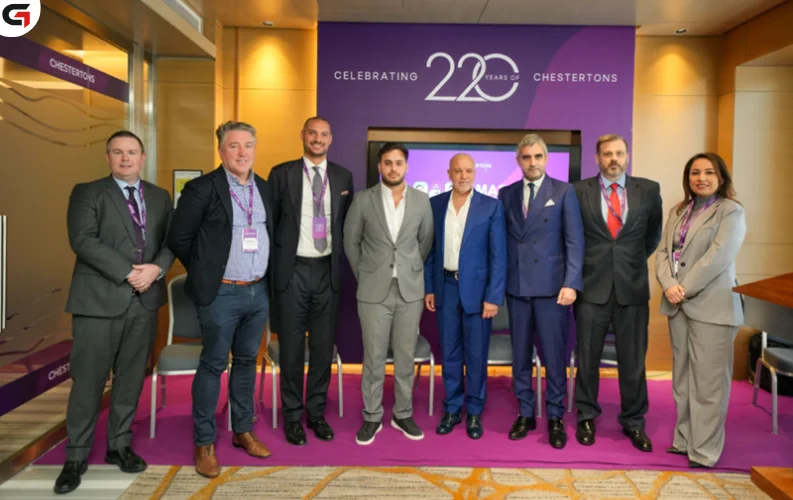Leasing activity across the UAE’s commercial real estate sector saw a significant surge in the first quarter of 2025, rising 50.4% year-on-year, according to newly released data from Chestertons MENA. The spike was led by strong demand for office and retail space, driven largely by foreign ownership reforms and improved investor protection laws.
Office leasing transactions recorded a 62.7% increase compared to the same period last year, surpassing 101,000 registered deals. Meanwhile, retail leasing activity reached 36,000 transactions, with an estimated value of Dh3.4 billion.
Chestertons described the performance as “a redefinition of the investment landscape,” highlighting the growing centrality of commercial real estate to the UAE’s economic diversification strategy.
“This is more than just a recovery post-COVID,” said Mohamed Mussa, Executive Director at Chestertons. “This marks a transition phase where legal innovation and investor trust are shaping a dynamic commercial real estate environment.”
Legal reforms have been central to this growth. Recent changes allowing 100% foreign ownership in many sectors, coupled with long-term visa options and tax advantages, have proven instrumental in attracting global business interests. Experts say these changes are offering clarity to foreign firms on ownership, taxation, and dispute resolution, three key pillars for long-term commercial planning.
Michael Kortbawi, a legal consultant who spoke at a recent Chestertons Commercial Conference, remarked, “The UAE now provides one of the most transparent and investor-friendly legal frameworks in the region. It’s no surprise that businesses are moving quickly to establish or expand their footprint here.”
The UAE’s business hubs, especially Dubai and Abu Dhabi, are witnessing strong inflows of new companies across tech, finance, and professional services, creating rising demand for premium office space in zones such as Business Bay, Downtown Dubai, and Abu Dhabi’s Al Maryah Island.
Residential Sector Maintains Strong Growth
The momentum wasn’t confined to commercial real estate. The Chestertons report also showed robust activity in the residential sector, particularly in villa and townhouse transactions. Sales in this segment rose by 51.9% in volume in Q1, with a total value of Dh76.5 billion. Apartment sales increased by 16.25%, reaching Dh75.1 billion.
Leasing in the residential market followed a similar trajectory. Apartment rentals grew by 21.4%, crossing Dh11.3 billion across 151,000 transactions. Villa leasing also recorded a 21% rise in value as larger living spaces continue to appeal to post-pandemic family lifestyles.
Popular residential areas such as Jumeirah Village Circle (JVC), Dubai Marina, and Business Bay saw the most significant interest from buyers and renters, owing to their proximity to commercial centres, lifestyle amenities, and attractive yields.
Outlook for 2025 and Beyond
Chestertons MENA, which has been operational in the UAE since 2008, reported a 155% increase in regional transactions year-on-year and is targeting 220% growth by the end of 2026. According to Mania Merrikhi, Chief Operating Officer at the firm, the current trends reflect a deeper alignment between policy vision and private sector momentum.
“Across every property segment, residential and commercial, we are seeing structured, sustainable growth,” Merrikhi said. “What sets the UAE apart is how effectively legal, economic, and social strategies are working in sync to create a globally competitive real estate environment.”
The report affirms the UAE’s growing status as one of the most attractive destinations for long-term property investment, both from institutional and individual investors.




















